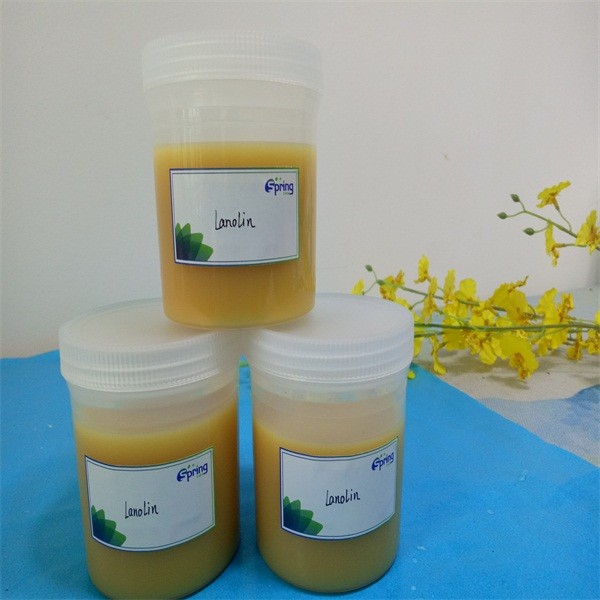The smell of anhydrous lanolin can have a significant impact on the overall scent of a cosmetic product, which can affect consumer perception and satisfaction. Here are some ways to effectively avoid the smell of anhydrous lanolin in cosmetics formulations:
Use odorless anhydrous lanolin: High-quality anhydrous lanolin that is purified and processed properly is typically odorless. Therefore, using odorless anhydrous lanolin in cosmetics formulations can help to avoid any unwanted smells.
Use fragrance oils: Adding fragrance oils to cosmetics formulations can help to mask any unwanted smells, including the smell of anhydrous lanolin. However, it is important to use fragrance oils that are safe for use in cosmetics and that do not cause any allergic reactions.
Use essential oils: Similar to fragrance oils, essential oils can also be used to mask any unwanted smells in cosmetics formulations. Essential oils not only provide a pleasant scent but also offer additional benefits such as moisturization and aromatherapy.
Use masking agents: Masking agents are ingredients that are specifically designed to neutralize unwanted smells in cosmetics formulations. These agents work by binding to the odor molecules and neutralizing them. However, it is important to use masking agents that are safe for use in cosmetics and do not cause any adverse reactions.
Use alternative ingredients: If the smell of anhydrous lanolin is causing issues in cosmetics formulations, it may be worth considering alternative ingredients. There are various natural and synthetic alternatives to anhydrous lanolin that can provide similar benefits without the unwanted smells.
In conclusion, the smell of anhydrous lanolin can have a significant impact on consumer perception and satisfaction of cosmetic products. By using odorless anhydrous lanolin, fragrance or essential oils, masking agents, or alternative ingredients, it is possible to effectively avoid any unwanted smells in cosmetics formulations. However, it is important to ensure that any ingredients used are safe for use in cosmetics and do not cause any adverse reactions.
Post time: May-06-2023


